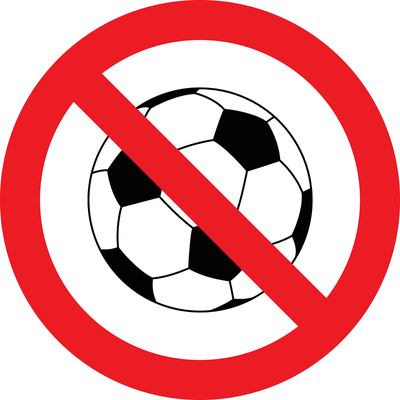 Following high-profile cases of betting-related misconduct involving Joey Barton and Daniel Sturridge, one insider in football said that those examples were merely the tip of the iceberg.
Following high-profile cases of betting-related misconduct involving Joey Barton and Daniel Sturridge, one insider in football said that those examples were merely the tip of the iceberg.
And that could well be true following the announcement this week that Paul Scholes, the former midfield maestro and ex Oldham boss, has been charged with misconduct following a significant number of betting breaches.
The 44-year-old placed 140 bets on football matches over a four-year period which culminated in January this year. The breach comes given his status as a major shareholder at Salford City, although there was no indication that he was betting on the outcome of Salford’s matches.
It has also been confirmed that none of Scholes’ wagers were placed on Oldham Athletic matches, whom he managed between February and March in an ill-fated 31-day tenure.
A statement from the Football Association read: “Paul Scholes has been charged with misconduct in relation to the FA’s betting rules.
“It is alleged he placed 140 bets on football matches, contrary to FA rule E8, between 17 August 2015 and 12 January 2019.”
So What Are the Rules on Betting in Football?
 The FA’s rule E8 states that participants in football are not allowed to wager on ‘the result, progress, conduct or any other aspect of, or occurrence in or in connection with, a football match or competition.’
The FA’s rule E8 states that participants in football are not allowed to wager on ‘the result, progress, conduct or any other aspect of, or occurrence in or in connection with, a football match or competition.’
They are also banned on betting on side markets, such as managerial sackings and player transfers, and are prohibited from instructing others to bet on their behalf – a charge levied at Daniel Sturridge earlier in the campaign.
The rule applies to anyone directly involved in the game anywhere in the league pyramid, and so Scholes falls under the banner given his work with the National League outfit Salford, of whom he is a co-owner with the Neville brothers, Ryan Giggs and Nicky Butt.
Quite how the FA will deal with a non-player charged with betting offences remains to be seen, although a spokesman for the organisation told The Guardian that if someone is a ‘participant’ in football, a term which covers players, managers, owners, agents and shareholders, they would be dealt with appropriately.
“The rule of thumb is that if you work in football you cannot bet on football,” he said. “It doesn’t matter if it is a bet on a different club or a different country. If you are a participant in football, all bets are off.”
Barton An Example to Follow?

Scholes has until next Friday to respond to the charges, and he must be fearing a severe punishment given the penalties dished out to Barton back in 2017.
The now Fleetwood Town boss was initially handed an 18-month ban from the game, although that was subsequently decreased by five months following an appeal.
His activity was on a whole different scale to Scholes, however, given that he placed more than 1,200 bets on football matches worldwide – including 30 involving the teams he was employed by as a player at the time.
Barton confirmed what many had already suspected: football has a wider gambling problem.
“I think if they found out everyone who has been betting and cracked down on it, you’d have half the league out,” he told Radio 4 in an interview from January 2018.
“I think 50% of the playing staff would be taken out because it’s culturally engrained.”
